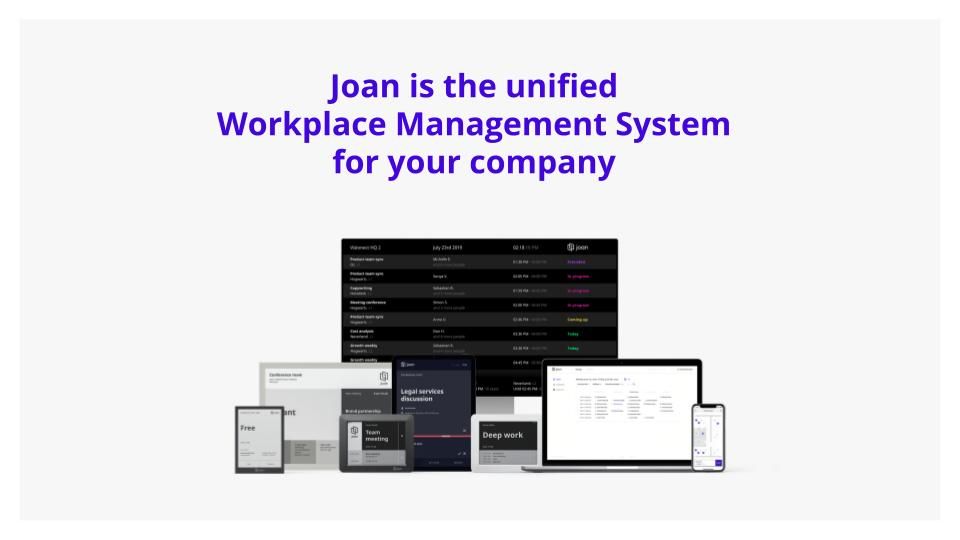EU, US reach ‘agreement in principle’ on trans-Atlantic data flows – TechCrunch
To get a roundup of TechCrunch’s biggest and most important stories delivered to your inbox every day at 3 p.m. PT, subscribe here.
Hello and welcome to Daily Crunch for Friday, March 25, 2022! This is one of the last Daily Crunch intros that I will write for you. I will miss our daily chats and hellos. But there’s no time on a Friday for relaxing. We have work to do! Let’s go! – Alex
The TechCrunch Top 3
- EU, US come to tentative data deal: If you aren’t following Natasha Lomas, our ace reporter on all things regulatory and privacy-related when it comes to the technology world, it’s past time you did so. Lomas reports that the EU and the United States have reached “an agreement in principle … on a revived trans-Atlantic data flows deal,” possibly ending a lengthy period of uncertainty regarding moving bits across the Atlantic.
- And speaking of huge regulatory changes: The EU made news again today for securing agreements for what we called “major competition reform” in the area. On the docket are things like forced messaging interoperability. Which means that the days of closed iMessage could be heading for their end? It’s not clear what impact the rule changes will have in the United States, but big things are brewing across the pond.
- Instacart looks to make its equity more competitive: There’s nuance to the mechanics at play, but after raising at an equity valuation of nearly $40 billion last year, Instacart has repriced the value of its equity for purposes of employee compensation. To a much lower price. TechCrunch was curious if we’re seeing the start of a trend for the year, as other unicorns might choose to make a similar move to ensure their ability to hire.
Startups and VC
The creator economy is :chart-up-and-to-the-right: like there’s no tomorrow, and everybody wants a slice of the action. Marketing automation stalwart HubSpot launched a new podcasting program aimed at advanced marketers looking to up their content production game, including paying the creators for their following, depending on the number of content consumers. Of course, the creator economy has a downside, too; content moderation continues to be a challenge, and a couple of ex-TikTok moderators are trying to scrape together enough support to put together a class-action lawsuit against the social media belle de jour for the psychological trauma they claim they experienced in the course of their roles as moderators.
Meanwhile, the work-from-home trend seems to stretch into the space beyond “avoiding offices like the plague during a literal plague.” Firstbase raised a $50 million round to further smooth out remote employee onboarding and logistics.
Other noteworthy things on this fine Friday:
Cloud providers’ default retention policies are not enough: You better back your SaaS up
Image Credits: Eoneren (opens in a new window) / Getty Images
A lot of work today has moved to the cloud as SaaS tools replace traditional on-prem software in the enterprise.
But while SaaS tools make life easier, the nature of cloud businesses and their data retention policies mean that in the event of a cyber attack or failure, you’re responsible for backing up all the data used by those tools, not your cloud provider, points out Brian Spanswick, CISO and head of IT at Cohesity.
To safeguard their data, companies must proactively put in place mechanisms to protect, back up and recover all data being used by SaaS tools within the enterprise, Spanswick writes.
“Relying on providers’ default retention and recovery policies is just not enough.”
(TechCrunch+ is our membership program, which helps founders and startup teams get ahead. You can sign up here.)
Big Tech Inc.
- Spotify testing new car mode: If you are heading back out on a commute in the dwindling period of COVID restrictions that we live in, you might have noticed that Spotify looks a bit different in your car. Well, consider it confirmed: Spotify is experimenting with new Car Mode versions. Though they remain just that for now: experiments.
- US charges Russian spies for domestic hacking: A small note here regarding the nation-stage aspect of hacking. It’s a big business. And the United States is charging four Russian hackers for a “years-long hacking campaign targeting critical infrastructure, including a U.S. nuclear power operator and a Saudi petrochemical facility.” Yoof.


